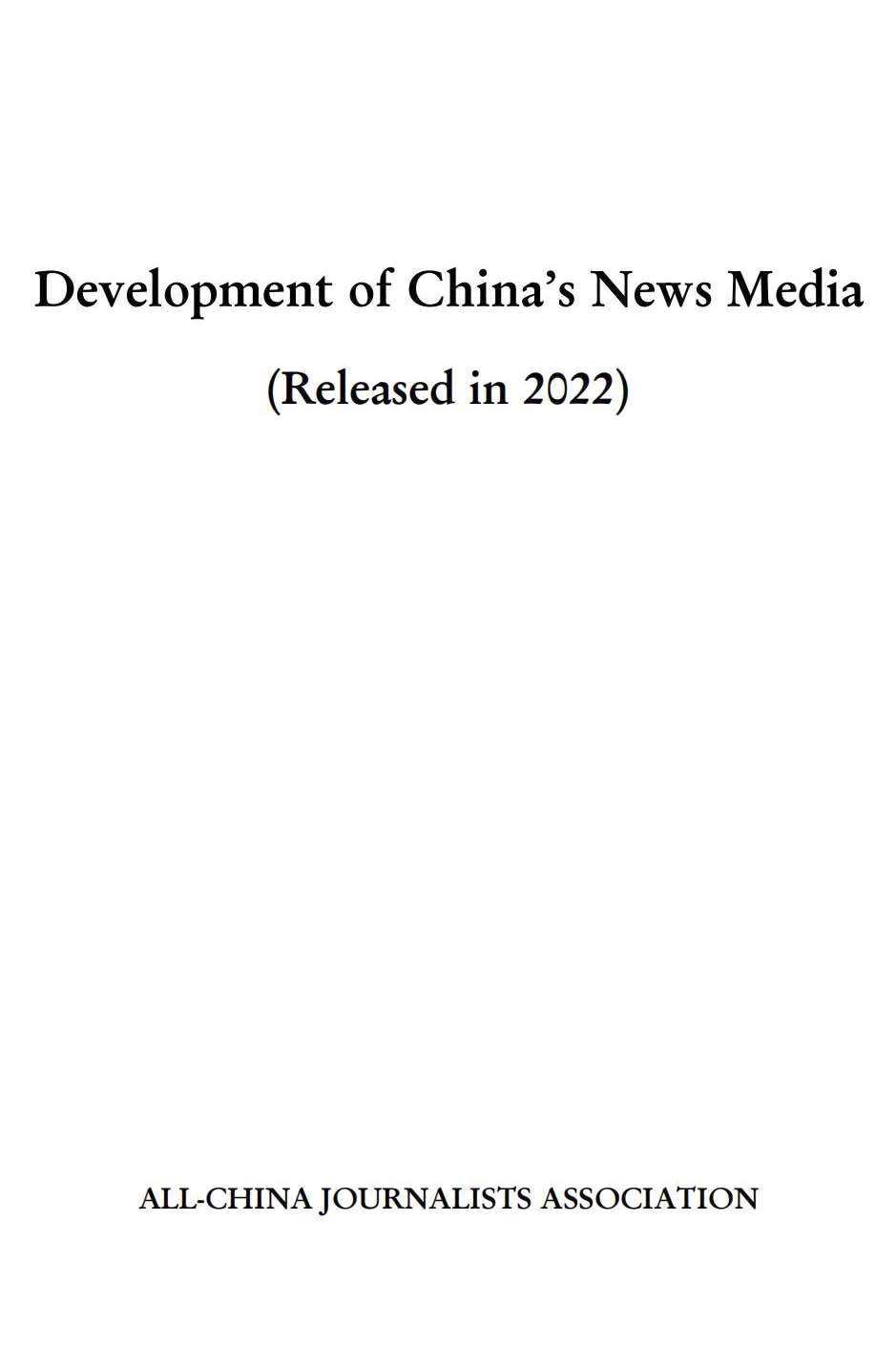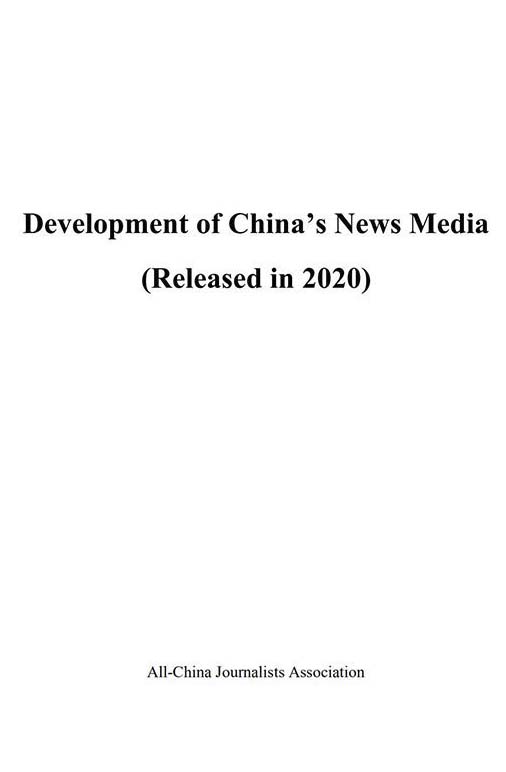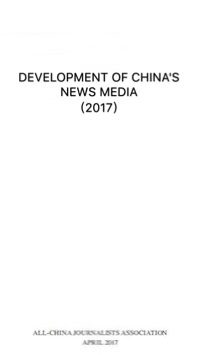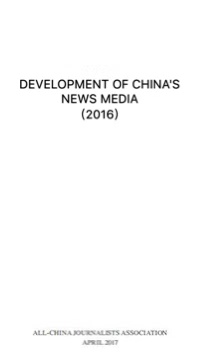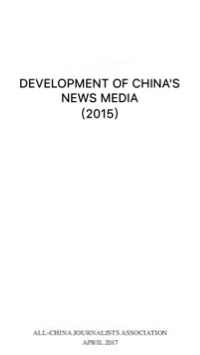Sick loved ones, overwhelmed hospitals, canceled plans, economic setbacks. At this point, COVID-19 has already touched every single person on this planet in some way. The U.S. is coming to terms with its own dire situation, after its number of cases surged this week. And after denying the severity of the threat for weeks, U.S. President Donald Trump has also come under fire for doing too little too late. Instead of leading his country through this difficult time, he's looking for someone else to blame. And that is China.
Trump started referring to COVID-19 as the "Chinese Virus" last week and saying he wished China had told the U.S. about the virus sooner. But this week, he flip-flopped, saying he's backing away from using the offensive term, presumably after a deluge of criticism both from home and abroad. Who knows which way he'll waver next? Regardless, his administration hasn't stopped pointing fingers at China. Just this week, the U.S. Embassy in China posted about the "Wuhan Virus" on its Weibo account.
China's foreign ministry has fired back. Over Twitter, a spokeswoman posted: "On January 15 the U.S. State Department notified Americans in China of U.S. CDC's warning about the coronavirus. And now blame China for delay? Seriously?" She also argued that "Lying and slander won't make the U.S. great, nor will it make up for the lost time."
Unfortunately, a war of words has erupted at a time when nations should be coming together to fight a common enemy. But how are media reporting on this escalating blame game? Are they fair referees or have they already chosen sides?
The Times published the article Coronavirus blame game widens rift between Donald Trump and furious China on March 22. The headline reads, "Anti-U.S. conspiracy theories in response to the president's 'Wuhan flu' jibes look set to push relations back still further." When the headline labels China "furious," it's already steering readers in a predetermined direction. Is it a journalist's job to so liberally sprinkle adjectives in a headline? If so, then why not say, "widens rift between furious Trump and China"? Or "widens rift between xenophobic Trump and China"?
When the headline says, "the president's 'Wuhan flu' jibes look set to push relations back still further," is "jibes" really the right word choice? Jibes are like taunts or teasing. Using the word in this context is irresponsible, especially for a term that medical experts and the WHO have determined is not only inaccurate but also stigmatizing. Given the tidal wave of attacks against Asians around the world since COVID-19 started spreading, is now really the time to jibe, taunt, or tease China? Let's lend more gravity to the headline, please.
The Financial Times published the article From cover-up to global donor: China's soft power play on March 24. It says, "With its economy showing signs of life, Beijing is aiming to restore its reputation damaged by coronavirus." Here we see how media can take a positive China story and spin it into something sinister and suspicious. The headline totally misses the point. Yes, the situation has stabilized in China, and it's doing what it can to help other countries, be it supplying and donating test kits, face masks, and even teams of its medical professionals. But the article dismisses China's efforts, no matter what they are, as a "much-needed propaganda boost for Beijing."
If China stands idly by and does nothing, it's bad, selfish, or insular. But if China does something good for the world, well, then there must be a bad reason behind it. "Blame China" no matter what seems to be the mission in some media.
The article would benefit from at least mentioning China's position in all this. For example, at this week's Extraordinary G20 Leaders' Summit, Chinese President Xi Jinping emphasized, "At such a moment, it is imperative for the international community to strengthen confidence, act with unity, and work together in a collective response. We must comprehensively step up international cooperation and foster greater synergy so that humanity as one could win the battle against such a major infections disease." But I guess this piece of the puzzle just didn't fit into this article's agenda.
If media are going to report on the blame game, OK, but at least play it straight rather than with loaded dice. (CGTN's Liu Xin)
